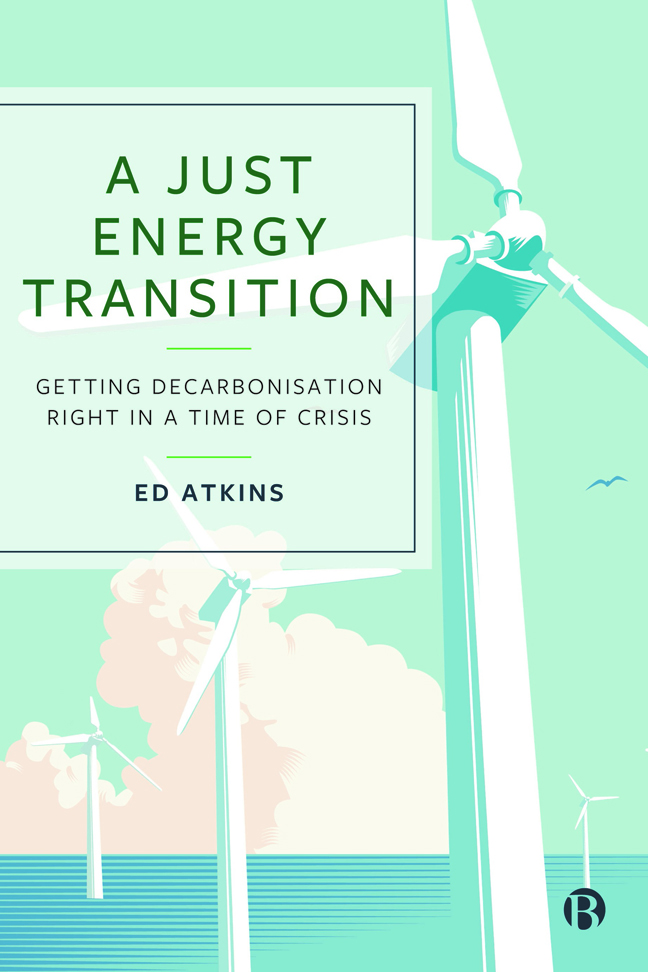9 - Conclusion
Published online by Cambridge University Press: 23 January 2024
Summary
As I speed along the train line between Gloucester and Birmingham in the West Midlands of the UK, I look out across the green landscape as field gives way to thicket. The Defford Radio Telescope in the near distance is turned upright to the sky. Birds fly above, silhouetted against the blue. Empty fields soon become crowded. Row upon row of solar panels stand equally spaced, all facing south and spread out across 60 acres on land previously owned by a Royal Air Force base. It is from this base that early radar systems were trialled during the Second World War. After the war, the airfield proved too small to support the new landing and taking off of new aircraft and fell out of use in the 1950s. Today, these fields give way to panel and frame. As I look out of the window, one field holds fully assembled panels ready to generate electricity. The next is home to metal frames only. Solar PV panels will soon join them. Another field lies empty, waiting for the assembly line of renewable energy to arrive. In this pocket of Worcestershire, the energy transition is taking form.
This book has not been motivated by questions of ‘how we will decarbonise our energy grid?’ or ‘which renewable energies will be adopted?’. Those questions are mostly being answered already. Renewable energy infrastructure is an important part of the energy model: 174 GW of solar and 97.5 GW of wind energy capacity was installed globally in 2021 alone (Rai-Roche, 2022; WWEA, 2022). Decarbonisation is already taking shape in fields like those near Defford, the coastlines in south England, and homes and communities in Bristol and Glasgow. The question that we should ask is ‘how can an energy transition be made fair, equitable, and just?’ This question has never been more urgent, with the current energy model's inadequacies exposed in the context of rising energy prices and increased energy insecurity. An energy transition is no longer about climate action exclusively. It is about keeping the lights on with cheap, reliable and renewable energy. It is about supporting people and making their lives better.
The decarbonisation of our energy grid is a transition from one set of circumstances (burning fossil fuels for energy) to another (not burning them). These sorts of transitions are messy, creating new geographies of winners and losers (Bridge et al, 2013).
- Type
- Chapter
- Information
- A Just Energy TransitionGetting Decarbonisation Right in a Time of Crisis, pp. 150 - 162Publisher: Bristol University PressPrint publication year: 2023



